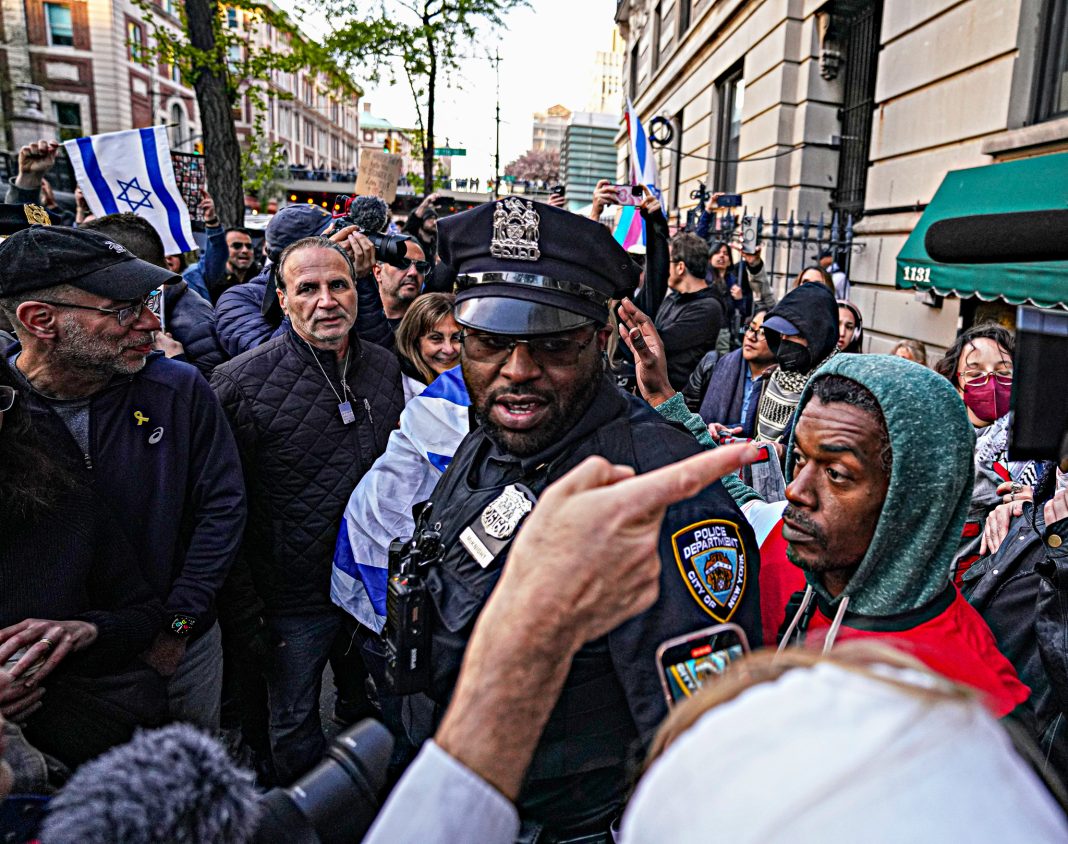 The Supreme Court recently made a significant decision regarding bankrupt companies and excessive court fees. In the case of Office of the U.S. Trustee v. John Q. Hammons Fall 2006 LLC, the court rejected a bankrupt company’s claim for a refund of the fees it paid after the law authorizing the fee schedule was struck down in 2022. Justice Ketanji Brown Jackson wrote the majority opinion, with three conservative justices dissenting.
The Supreme Court recently made a significant decision regarding bankrupt companies and excessive court fees. In the case of Office of the U.S. Trustee v. John Q. Hammons Fall 2006 LLC, the court rejected a bankrupt company’s claim for a refund of the fees it paid after the law authorizing the fee schedule was struck down in 2022. Justice Ketanji Brown Jackson wrote the majority opinion, with three conservative justices dissenting.
The U.S. Department of Justice (DOJ) oversees bankruptcy cases and private trustees through its U.S. Trustee Program. This program operates in bankruptcy courts across the country, with the exception of Alabama and North Carolina. These courts fall under different rules due to a previous Supreme Court ruling in Siegel v. Fitzgerald in 2022, which found that Congress violated the constitution by imposing higher fees on large companies filing for bankruptcy, except in those two states.
While the 2022 ruling did not address whether previously paid fees should be refunded, some appellate courts have since ruled that overcharged bankruptcy filers should receive refunds. In the case of John Q. Hammons Hotels and Resorts, which sought Chapter 11 protection in Kansas, the DOJ asked the Supreme Court to review a $2.5 million refund given to the company. The key issue was whether refunds should be provided to bankruptcy filers who had paid higher fees due to the lack of uniformity in the program.
During oral arguments, Hammons’ attorney argued that his client was entitled to a refund for the unconstitutional fees paid under the 2017 Act. He emphasized that if the government unlawfully collects funds, it must rectify the violation with meaningful backward-looking relief. The government’s proposal for a clawback program seeking higher fees years after the fact was deemed impractical and chaotic.
Justice Jackson, in her majority opinion, acknowledged that the previous Siegel v. Fitzgerald ruling established that different fees for Chapter 11 debtors based on their filing district violated the uniformity requirement in the Constitution. She determined that the appropriate remedy for this violation is “prospective parity,” meaning that going forward, identical Chapter 11 debtors would pay the same fees. However, she disagreed with the respondents’ claim for a refund, as it would contradict congressional intent and burden taxpayers with a massive bill.
The Supreme Court ultimately reversed the judgment of the U.S. Court of Appeals for the 10th Circuit and remanded the case for further proceedings. Justice Neil Gorsuch dissented, along with Justices Clarence Thomas and Amy Coney Barrett. Gorsuch criticized the majority for failing to address the constitutional wrong and allowing the government to keep the funds collected through an unconstitutional fee regime. He argued that a refund is the traditional remedy for unlawfully imposed fees and that meaningful relief should be prioritized.
In conclusion, the Supreme Court’s decision in Office of the U.S. Trustee v. John Q. Hammons Fall 2006 LLC clarified that while future bankruptcy filers must be subject to uniform fees, previously paid fees will not be refunded. This ruling has implications for bankruptcy cases across the country and highlights the complex issues surrounding bankruptcy fee schedules and constitutional requirements.


